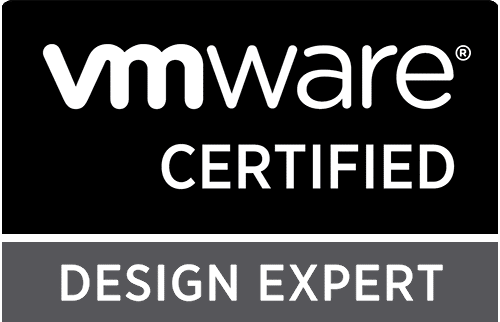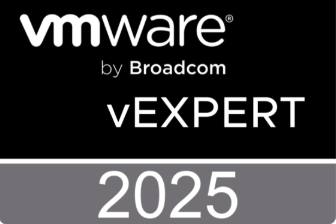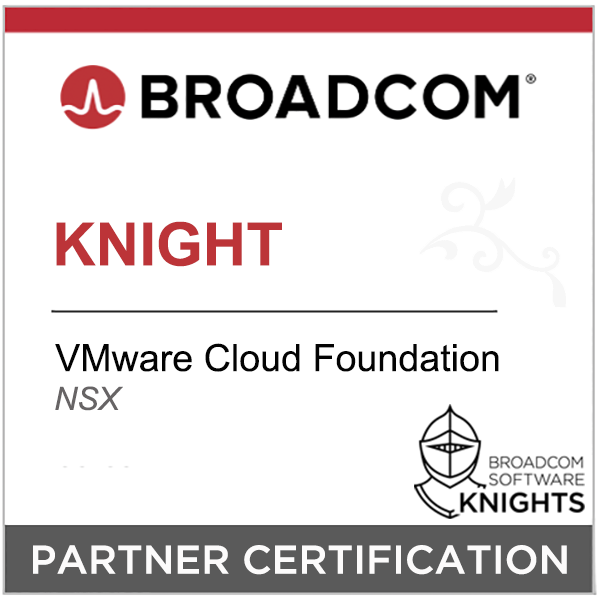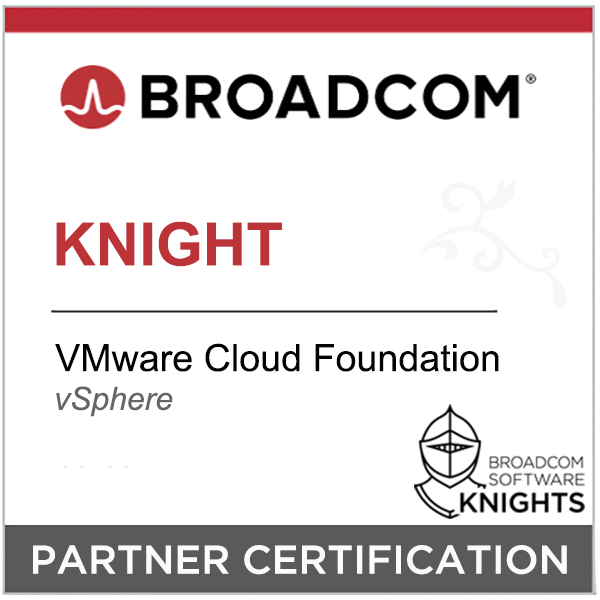“At VMware Explore 2024 Las Vegas, VMware by Broadcom unveiled VMware Cloud Foundation (VCF) 9, the future of VCF that will accelerate customers’ transition from siloed IT architectures to a unified and integrated private cloud platform that lowers cost and risk. VMware Cloud Foundation 9 will radically simplify the deployment, consumption and operations of a secure and cost-effective private cloud.”
This is a copy/paste directly from the product news release about VMware Cloud Foundation 9. I have seen these kind of unified platform claims with every major release of VCF, starting from VCF 2.1 up to VCF 5.2. So, my first reaction was a bit skeptical if VCF 9 could really make these bold claims true.
Vision versus Reality
VMware Cloud Foundation was introduced by VMware in 2017 as an unified SDDC platform that brings together vSphere, vSAN, NSX, and optionally the vRealize/Aria Suite, components into a natively integrated stack. But was it really an unified SDDC platform?
I have worked with VCF for 6+ years. Starting with VCF 2.3 in 2018, doing one of the first VCF 3.0 deployments in the Benelux, migrating multiple VCF 3 platforms to VCF 4, and designing & implementing numerous VCF 5 platforms in the last two years or so. It’s fair to say that I’ve seen all the same promises with every major release and while VCF has evolved massively (in a good way), none of them could really deliver on these promises.
Sure, the introduction of the SDDC Manager was the first step in providing an unified experience but it lacked in functionality.
Instead of being able to do everything from the SDDC Manager, you now had another console in which you could configure items next to the vCenter Server and NSX Manager.
The same thing was also happening with the Aria Suite. There was some sort of integration with VCF but it lacked in functionality and the integration even changed between major releases making it hard to understand what the vision of the Aria Suite integration within VCF was.
Also, more solutions where added on top of VCF (e.g. VMware HCX, VMware Live Recovery, AVI Load Balancer) but each solution had a different integration, separate console and experience. Although you could connect some of these solutions together, there was again no real unified experience.
Introducing VMware Cloud Foundation 9
VMware Cloud Foundation 9 is shaping up to actually deliver on this promised unified experience. VCF 9 will include a whole new set of capabilities, that enables the customer’s infrastructure to be operated as a single unified and automated system. Some of these capabilities are:
The Unified Operations and Automation capability will provide a portal for provisioning services and reduces the total number of management consoles from more than a dozen to just a single console each for operations and automation.
With the Unified Security Management capability, customers will be able to enhance their overall security posture while ensuring operational efficiency is maintained by managing across their entire global fleet of VCF deployments.
The Native VPC Deployment capabilities will simplify networking by enabling users to access self-service isolated connectivity without VLAN complexities and enable non-disruptive integration with existing networks.
The Integrated VCF Multi-Tenancy capabilities will bring multi-tenant capabilities previously provided separately by VMware Cloud Director into the VCF platform.
Conclusion
A lot if things can be said about the acquisition of VMware by Broadcom, but in my opinion they are truly delivering on the vision of a true unified and integrated private cloud platform with VMware Cloud Foundation 9.
As overheard in the office: “VMware Cloud Foundation 9 is the rebirth of the vision of VMware Cloud Foundation once promised by VMware.”
Want to know more about VMware Cloud Foundation 9 and its capabilities? Check out this video made by Johan van Amersfoort explaining VMware Cloud Foundation 9.









